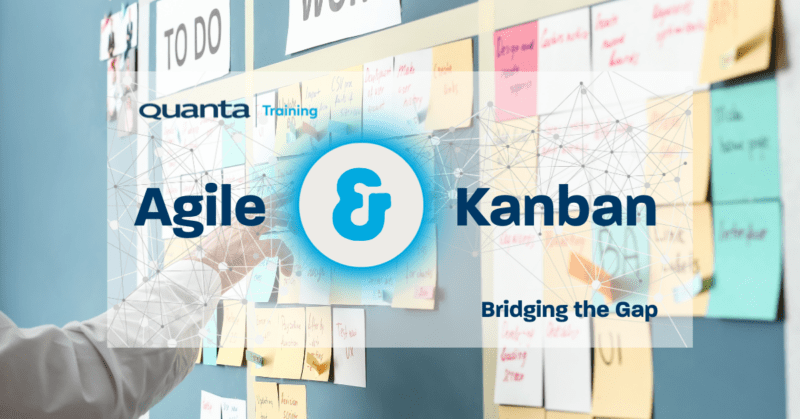Improve business performance through applying the proven techniques of Lean & Six Sigma
Lean Six Sigma is a management approach to business performance improvement that combines the two proven philosophies of Lean (which focuses on speed, efficiency and removing waste from processes) and Six Sigma (which focuses on effectiveness and reducing variation). The Yellow Belt certification provides an ideal introduction into both of these approaches and how they complement and supplement one another.Book Your Course
Start Date
Venue
Availability
Cost
Course confirmed - Guaranteed to run
Course Full/Limited availability
Price shown excluding VAT.
Book a Private Event
If you require the content of this event tailored or have around 7 or more people to train it maybe better for you to host a Private Event, please get in touch to discuss this.
Get in touchDescription
Who is this course for
This course is suitable for anyone who is interested in Business/Process improvement and is seeking to understand and develop the skills and knowledge necessary to contribute to a Lean Six Sigma Project or team.
Purpose of the course
This 2-day Instructor led, Yellow Belt Foundation Course aims to develop understanding and awareness of the Lean and Six Sigma philosophies and introduces delegates to the core principles, tools, techniques and practices of both approaches.
You will learn how to
- Understand the basic principles and concepts of Lean Six Sigma
- Understand the fundamentals of and be able to apply the DMAIC process and methodologies
- Understand and be able to use some of the basic Lean and Six Sigma tools and techniques
- Be able to actively participate and contribute to Lean Six Sigma projects and/or teams
Prerequisites
A minimum awareness/understanding of basic mathematics and statistics.Benefits for you as an individual
You will gain or increase your awareness of Lean Six Sigma principles, tools and techniques. You will become able to contribute to and work effectively within improvement projects and teams. You will learn to analyse and refine processes in order to improve performance, reduce waste and variation, and improve quality and consistency.
Benefits for your organisation
This course will help provide your business with the skills and knowledge necessary to bring about significant performance improvements in a structured and controlled manner. Train staff in a proven business improvement approach, equipping them with the tools to improve existing processes and develop effective new processes. Add value for customers, employees and shareholders by minimising process variation and waste.
Enterprise Overview
- Lean History, Philosophy, Principles and wastes
- Six Sigma History, Philosophy and the process equation
- Lean Six Sigma Key Principles and the DMAIC Improvement Model
- Continuous Improvement Organisation – Roles and Responsibilities
- Team Based Approach – Practises, Evolution and Brainstorming
- Other Improvement Methods – Design for Lean Six Sigma (DLSS)
Define Phase
- The Voice of the Business and the Project Charter
- The Voice of the Customer – CTQ’s Customer Segments Kano
- The Voice of the Process – SIPOC diagrams
- The Voice of the Stakeholders – Mapping and Communication Planning
Measure Phase
- Discrete and Continuous Data
- Measurement and Systems Analysis
- Data Collection, Planning and Techniques
- Descriptive Statistics and Sigma Capability, Defects and Yields
- Deployment Maps and Transformation Diagrams
Analyse Phase
- Value Analysis, Value Stream Mapping and Theory of Constraints
- Cause and Effect Analysis – Ishikawa, the 5 Why’s and Hypothesis Testing
- Correlation
Improve Phase
- Stabilisation and TPM (Total Productive Maintenance)
- Jidoka
- Rapid Improvement Approach (Kaizen)
- Creating Level Work Flow and Setup Reduction
- Work Cells and Product Family Analysis
- Solution Selection – Impact/Effort Evaluation
Control Phase
- Common and Special causes of Variation
- Statistical Process Control
- Failure Mode and Effect Analysis
- Control Planning
- Visibility Principle
- Project Handover
Additional Exam Information
The Yellow Belt certification consists of a two day course with an open book exam at the end of day two. The 60 minute exam consists of 50 questions and a mark of 32 or more is required to pass.Exam results will be issued directly to candidates by APMG.
If taken as online proctored exam there is an additional £25 fee payable per exam
Pre-Coursework
Several hours of pre-course preparation is required. The Pre Course book will be shipped out 4-6 weeks prior to the course.Please note, there may be a small amount of evening work to complete such as further reading or working though sample exam papers.
Get Started
Forget trawling through endless course catalogues – Find the training that’s right for you
Learn MoreLatest from our blog
Kanban and Agile: Bridging the Gap
Kanban and Agile: Bridging the Gap Quanta’s Kanban University Certified Trainer Steve Church explores the way in which Agile and…
Read More
How a Ballerina could move into Cybersecurity
Jason Ford, Quanta Cybersecurity and IT Trainer talks about the limitations in Cybersecurity Training courses. Jason discusses a safe and…
Read More
Boost Team Performance and Productivity: Unlocking the Advantages of Emotionally Intelligent Leadership
Quanta People Development and Leadership Trainer, Giles Collins outlines the key elements of Emotionally Intelligent Leadership and how it impacts…
Read More





